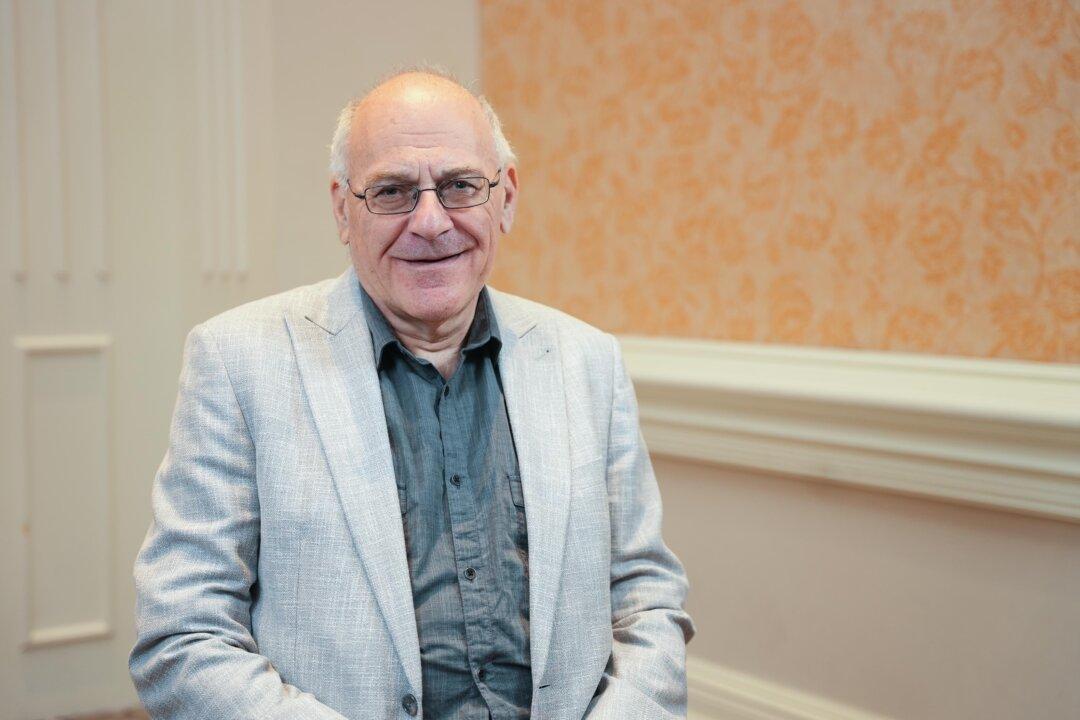“We make up about 4 percent of the global population in America, yet we consume 55 percent of prescription drugs,” says Dr. Paul Marik. “How is that possible? Eighty percent of prescription opiates are written in this country. This tells you the stranglehold that Big Pharma has.”
In a recent episode of “American Thought Leaders,” host Jan Jekielek spoke with Dr. Paul Marik to get an update on the spike protein-induced diseases in people who have received the COVID-19 vaccine. They discuss the best treatments for ridding the body of spike protein and the broader ways that vitamins and lifestyle changes might radically improve human health. Dr. Marik is a critical care physician and co-founder of Front Line COVID-19 Critical Care Alliance (FLCCC).






